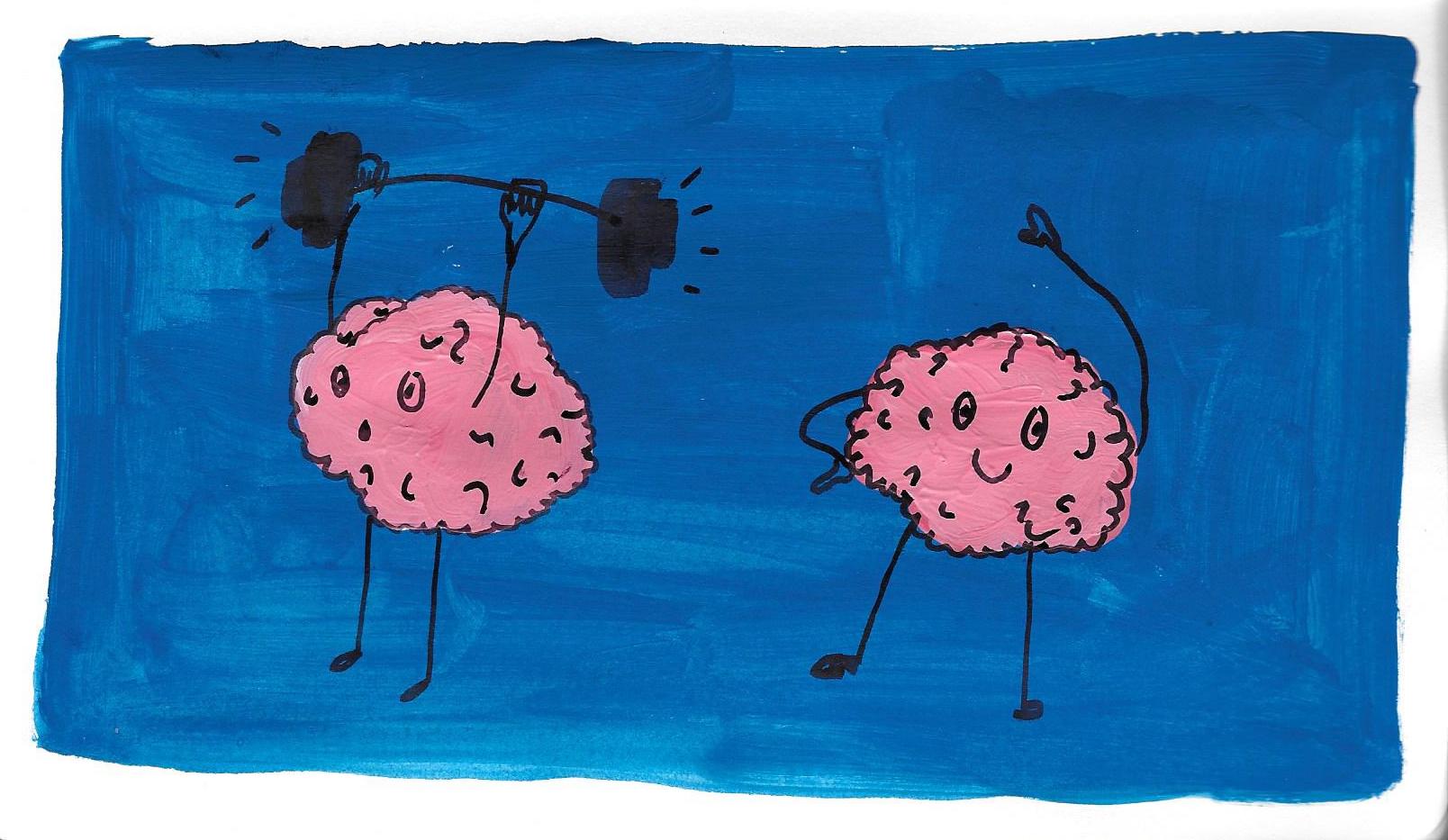When we come across people at University, one of the frequently asked questions that crop up in conversation is “what are you studying? “. When I answer “History of Art” I’ve often received responses like “oh… right” or “must be an easy ride for you” – words which indicate that such a degree has little, if any, relevance.
Scientific subjects undeniably have a lot of relevance to post-uni life. We can apply them to many important fields – medicine, healthcare, technology, engineering. We have the chance to develop skills in logic, practicality and objective thinking – all which are things that are deeply important; scientific research is vital, and responsible for countless advances in society. However, while I agree that the sciences are obviously valuable, that’s not to say the arts are not.
History is a subject which I have come to find has a lot of value to it. Though there have been times when I have come across responses such as “just facts no one cares about” or “its all in the past”, you think ‘yes, it’s in the past – but the past is more important than many people think’. There is a saying that “in order to move forwards, it is best to think backwards” I find this to be incredibly relevant – as we are constantly seeking new ideas to keep reinventing the world, and more often than not, that has involved researching old ideas from historical material and modernising them to suit the context of the present day. This is where an arts degree comes in handy – it allows us to dip into our heritage and seek new methods of enhancing future development.
History of Art is another subject that is often over – looked. There have been many remarks degrading its importance through branding the subject as a “skive” or “just about making comments on pretty pictures”, which have cut the subject down to size. This is where I have to bite back! While studying a broad range of paintings, sculptures and building over the course of four years I have come to observe them as an embodiment of the social, political and cultural conditions that were occurring at the time they were made – in other words, it is a study of life through visual content.
Furthermore, I have found that – through painting in particular – the theme of the artistic subject matter brings the observer into contact with social problems that have taken place in the real world. This is a matter that is evident in many of the Victorian Illustrations which I am studying for many of my modules, as well as my dissertation – they particularly highlight the social inequality, poverty, squalor and unemployment that many individuals were suffering during the period. Needless to say, conditions have improved since the Victorian Age, however these artworks serve an important analogy that these problems are still occurring to this day. They enable us to become aware and understanding to the suffering and injustice of the world and to make efforts to tackle them.
Another arts subject which deserves to be defended is English Literature. Though I have never studied literature at a University level, I do have an appreciation for it and have made many friends who have, and they have given me great insight into it’s importance. One, who has recently moved to London to study a masters, has said that studying english literature, or an arts degree in general has allowed her to “accept that people have different opinion,s and learning that it’s alright for people to have contrasting opinions is a valuable perspective in itself”. She also adds that “critical thinking is another skill to achieve through literature, especially when we apply it to reading or watching the news” and that “although the success of learning arts cannot be measured by any quantitative methods, it is reflected in the kind of people who are interested in and study arts – independently thinking, creative and critically aware.’
These are skills which are relevant to our professional lives, as well as our personal ones. For although studying an arts degree does not guarantee a specific career upon graduation like a degree in Law, Dentistry or Medicine, it doess allow us to develop skills that are applicable to a broad range of careers. It was only a while back that I went to career services to inquire about employment in the Civil Service, I asked if it was possible to apply from arts background and learned that the Civil Service looked favorably on applicants with an arts degree – in addition to being “researched based”, it entails many of the skills that are vital for such a career.
Overall, while the sciences can offer us practical skills, as well as a better chance of getting a job after we graduate, the arts can provide us with something with relevant skills too. Whether you study History of Art, History, English Literature or Language, Philosophy, Theatre Studies, Film & Television Studies or Classics, we can develop a sense of creativity, critical and independent thinking, and openess to various viewpoints. We have the potential to observe the world in a deeper and wider contex,t which can bring us to an awareness and understanding of relevant matters that we might have missed at face value. From these fields of study, we may also come to appreciate our heritage and how the world functions, as well as how it has developed over the course of history. All of these skills can provide personal enrichment which can benefit our wellbeing. Studying for an arts degree has offered me and innumerable number of challenges, and for that I am eternally grateful.
Article by Greg Marlborough
Illustration by Imogen Whiteley

